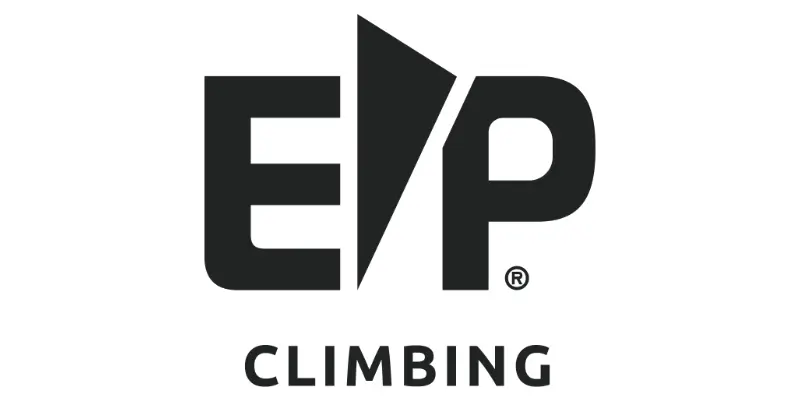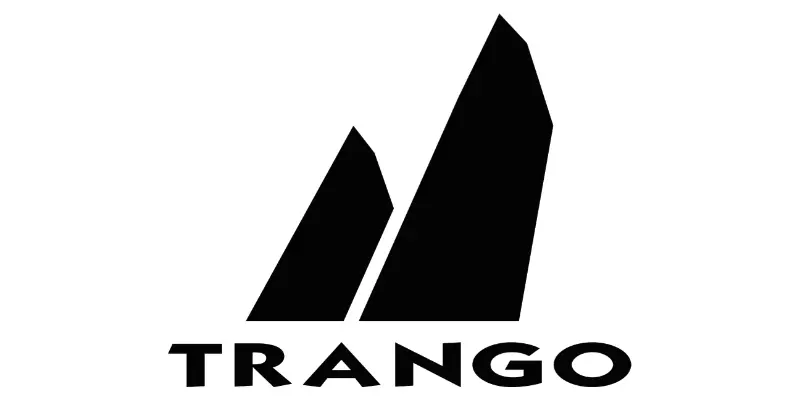Japanese climbers showed their strength in the men's and women's Lead qualifications.
Climbing returned to Indonesia for the second IFSC Lead World Cup of the year as the stunning Peninsula Island welcomed 55 men and 51 women for qualification.
For the women, it was a first World Cup start of the year for Japan’s Mori Ai who once again showed her Lead strength by topping both routes for a joint first-place in the standings with Great Britain’s Erin McNeice.
McNeice already has two World Cup medals from her two events in Keqiao and Wujiang, and the Brit is hoping that form continues. It does certainly look that way as she was the only other climber to top the two qualification routes with Mori.
Together in third, and both with a top on the second route, South Korea’s Seo Chaehyun and Italy’s Laura Rogora both progress to Sunday’s semi-final.
Sitting in fifth was Slovenia’s Rosa Rekar who is taking some learnings from her previous event but also trying to battle the elements: “I feel a bit better than Wujiang, but it is different because it is so hot and humid here. We did a training session here in Bali before to try and get used to the conditions, but it’s still difficult.
“It’s a really nice place here with the water so close to the wall, but the most important thing is to focus on the competition and then enjoy everything when we are finished.”
Talking about her qualification round Rekar said: “I really enjoyed the qualification. The first route I think I could have done a bit better, but the second I gave it a good fight. I’m excited for the semi-final.”
Rekar is joined in the semi-final by teammates Mia Krampl, Sara Copar and Vita Lukan. Lukan was one of five climbers in joint 23rd place meaning there will be a 27-climber semi-final.
The others joining Lukan in the 23rd spot were Czechia’s Tereza Siruckova, Japan’s Oda Natsumi, Austria’s Flora Oblasser and Ukraine’s Anastasiia Kobets.
France’s Hélène Janicot progressed into the semi-final in tenth position in her 75th Lead World Cup – a number that gives her ninth position on the all-time appearance list.
Full women's Lead results can be found here
The only two climbers to top a route in the men’s competition were Japanese teammates Anraku Sorato and Yoshida Satone. With both reaching hold 32+ for their other attempt means the pair share first position.
After climbing Yoshida said: “I’m happy I could send the second route, but it was scolding hot, Japan is hot, but here it is very humid, and I was struggling with the temperature.”
Despite the heat, Yoshida is liking his time in the new World Cup venue: “It’s very nice here. It’s the first time we’ve had an event in like a resort so I’m excited for the competition and it is definitely a place you can relax, and I like that atmosphere.”
Moving on to the next round, Yoshida has his sights set firmly on the road ahead in Bali: “I’m ready for the semi-final and final, it’s all part of the road to being a World Cup champion.”
Team Japan will have all six climbers in the semi-final with the likes of Wujiang silver medallist Suzuki Neo also making it through, but they aren’t the only team with multiple climbers – there will be lots to cheer for the home crowd also.
Indonesia will have three representatives in the semi-final as Putra Tri Ramadani was eighth, Raviandi Ramadhan was 12th and Muhammad Rizky Syahrafli Simatupang was in the 24th and final position.
Another country with three to progress was Switzerland who had Jonas Utelli, Sascha Lehmann and Nuno Grünenfelder all inside the top ten while Spain’s Alberto Ginés López continued his good start to the season moving through in third.
Twentieth on the all-time men’s appearance list, Germany’s Sebastian Halenke progressed in 23rd position in his 61st Lead World Cup.
Full men's Lead results can be found here.
News and updates about all IFSC events will be available on the IFSC website, and on the Federation’s digital channels: Facebook, Instagram, LinkedIn, Threads, TikTok, X, YouTube, and exclusively for the Chinese audience, Douyin, Weibo, and Xiaohongshu.



